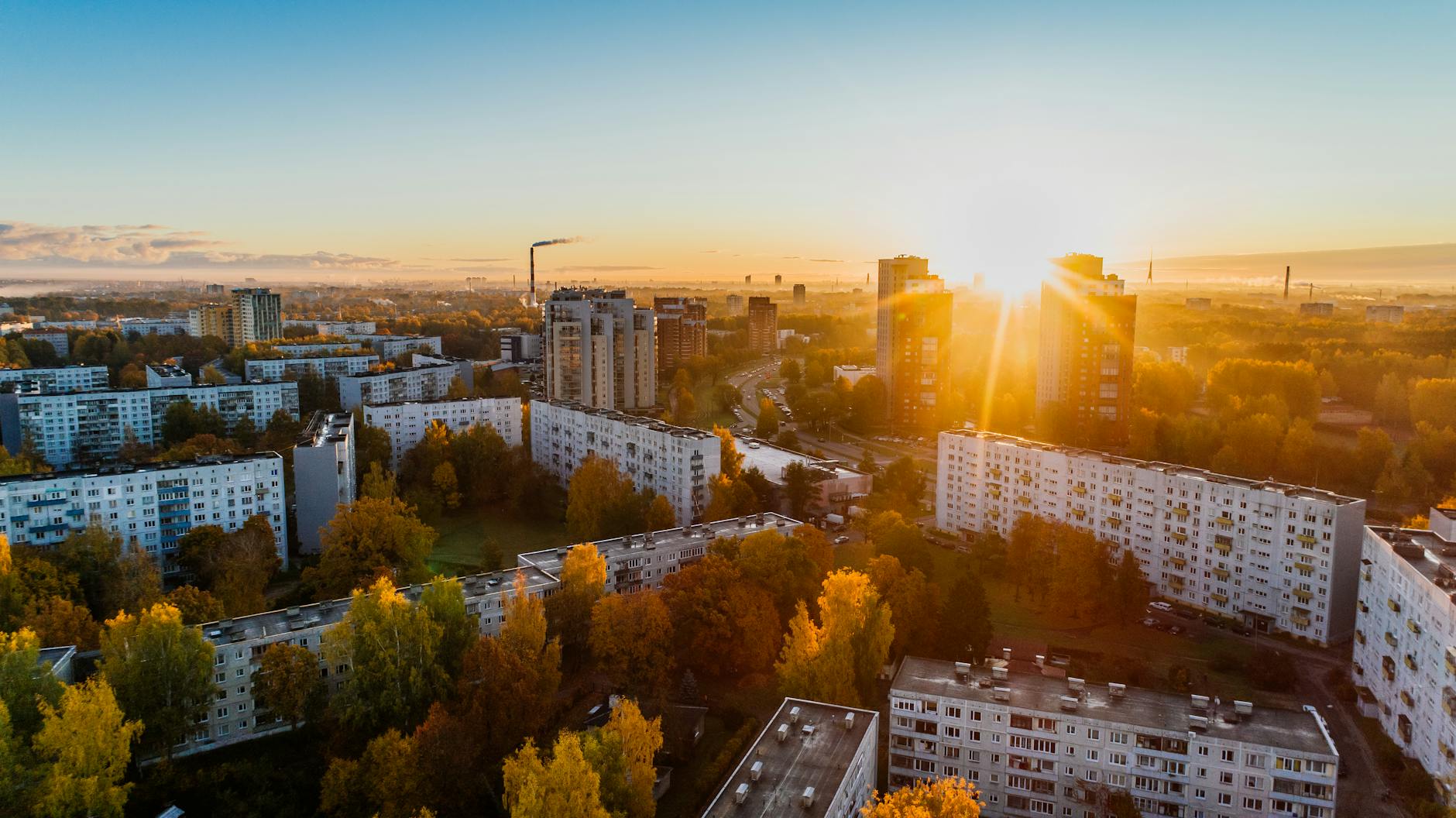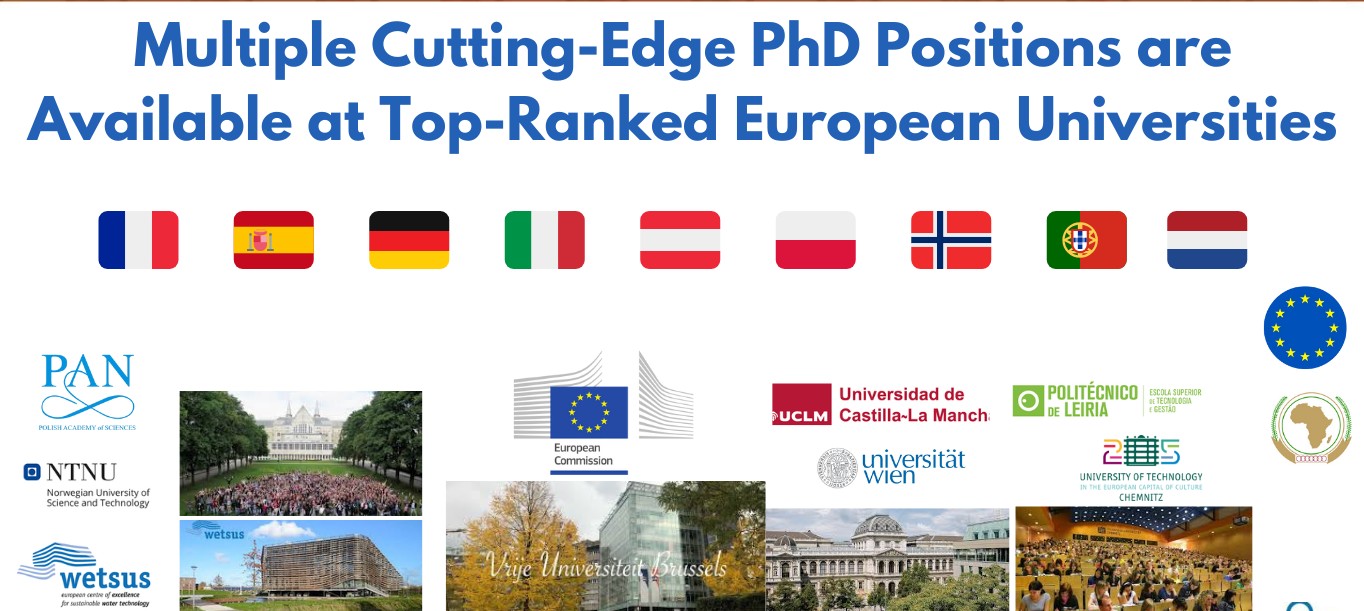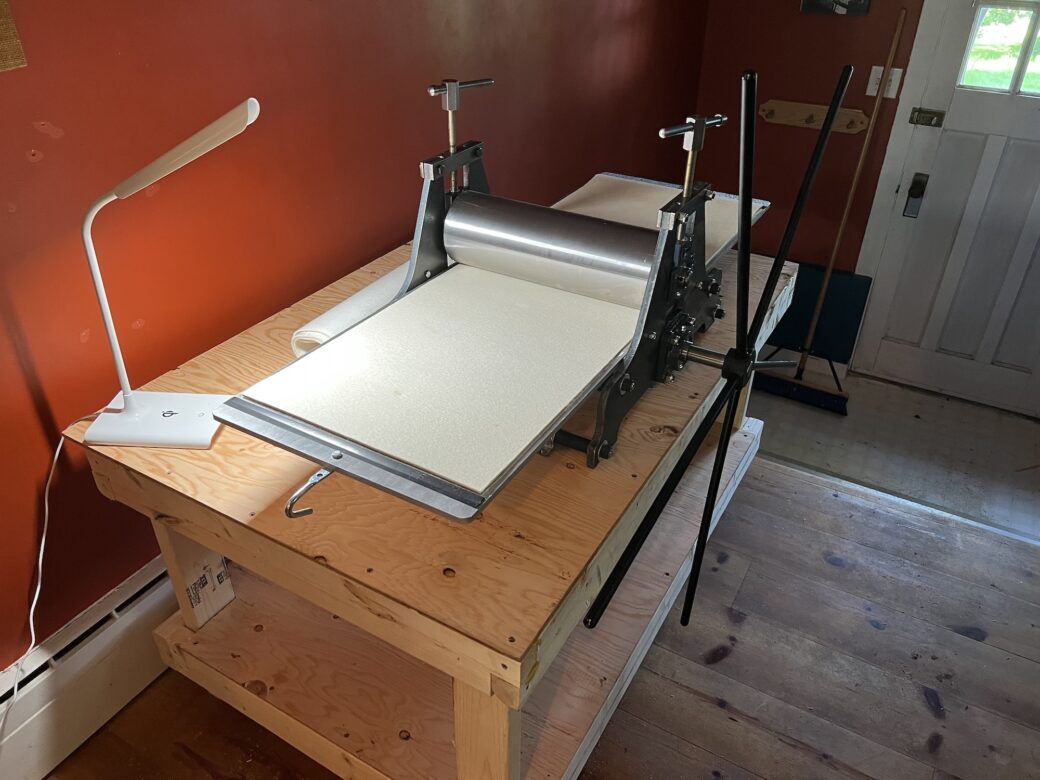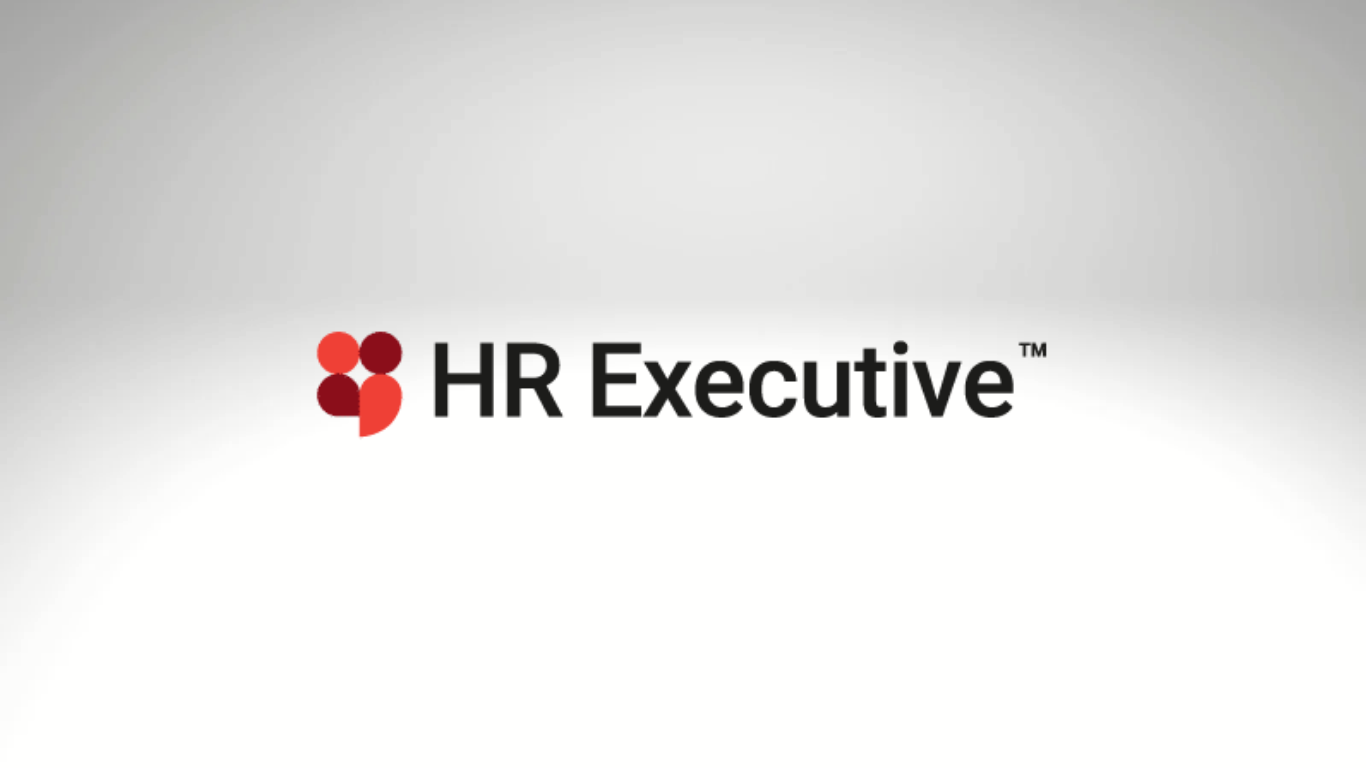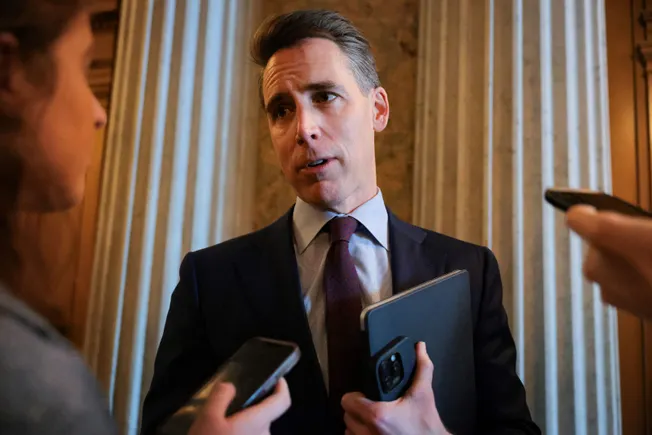In the past year many workers in the tech sector have lost their jobs, often replaced by the vision of what generative AI can do instead. I know of lay-offs in bio-tech as well and now we are seeing massive firings in the US civil service. One consequence of all of these job losses is that fewer people will have to do more work. My observations of medium to large organizations has been that most people are busy, most of the time. Back to back meetings are not uncommon as well as overflowing email in-boxes.
This is a challenge for performance improvement, learning, and knowledge management initiatives. Any new attempts to improve these will be seen as extra work on top of a demanding work load. While those of us in the field of organizational performance improvement know the long-term value of better knowledge sharing, collaboration, and cooperation, getting over the short-term pain can be insurmountable. I have learned that it’s important to first find and make more time and space for knowledge workers.
While developing the working smarter at Citibank project we also looked at how we could improve meetings, because so much time was spent in them.
Two types of behaviours are necessary for knowledge flow in today’s workplace — collaboration and cooperation. Cooperation is not the same as collaboration, though they are complementary. Cooperation differs from collaboration in that it is sharing freely without any expectation of reciprocation or reward.
Collaboration is working together for a common objective, often externally directed by management or a client. Collaboration includes — Coordinating tasks with minimal time & effort, Finding people best suited to solve a problem, and Participating in meetings for maximum impact & minimum wasted effort.
If we cannot collaborate well we often cannot find the time to cooperate, which is where we can gain insights for innovation through sharing and networking.
Therefore, improving how and when meetings function can make for the better use of everyone’s time and also opens time and space for collective learning. It’s often a good place to start.
I have written several posts on how to run better meetings. I would suggest picking one or two of the ideas in them and trying them out for a couple of months. Different departments can choose different options. They can share what they learn in the process.
Does your organization have optimal meeting practices? If you have any suggestions, please share them.






